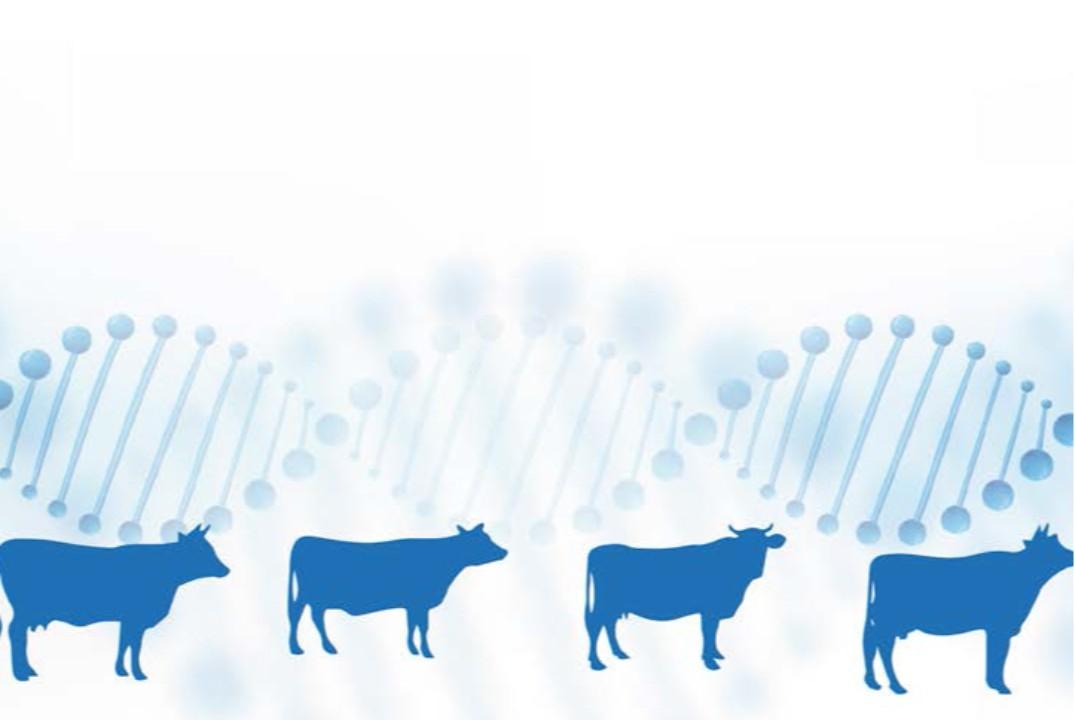The animal genetics market is evolving rapidly, driven by technological advancements, rising demand for animal-derived products, and a focus on sustainability. With increasing competition, companies in the animal genetics market need to adopt strategic approaches to thrive and ensure long-term growth. Here are some key market-winning strategies that businesses in this industry can employ to stay competitive:

1. Adoption of Advanced Genetic Technologies
- Companies must invest in cutting-edge genetic technologies like CRISPR and gene editing to stay at the forefront of the market. These technologies enable precise modifications to animal genetics, improving desirable traits such as disease resistance, growth rates, and overall animal health.
- Leveraging genomic tools for better breeding programs can help businesses produce animals that meet the growing demand for quality animal products, such as meat, milk, and eggs.
- The application of artificial intelligence (AI) and machine learning in genetic testing and breeding programs can enhance the accuracy and efficiency of selection processes.
2. Strategic Collaborations and Partnerships
- Collaborating with research institutions, biotech firms, and technology providers can accelerate innovation and reduce the time to market for new genetic solutions. Partnerships with universities and research organizations can help companies access the latest scientific advancements and incorporate them into their breeding programs.
- Industry collaborations, particularly with animal healthcare companies, can create synergies that improve disease resistance in livestock. Partnerships can also lead to shared resources, reducing costs for all involved parties.
- Forming alliances with government bodies and regulatory agencies can ensure smoother approval processes for new genetic technologies, promoting faster adoption across regions.
3. Focus on Sustainability and Ethical Practices
- A key market-winning strategy is emphasizing sustainability by developing genetically improved animals that are more resource-efficient, producing higher yields with fewer inputs such as feed and water. This can address both environmental concerns and the growing demand for more sustainable agricultural practices.
- Incorporating ethical practices, such as animal welfare and responsible breeding, into business models can help companies avoid consumer backlash, especially in regions with stringent animal welfare regulations.
- Transparent communication with consumers about the benefits of animal genetic technologies can improve acceptance and foster trust in the products.
4. Expansion into Emerging Markets
- The animal genetics market is witnessing rapid growth in emerging economies such as China, India, and Brazil, where demand for animal protein is rising. Expanding operations in these regions can help companies tap into new revenue streams.
- Businesses should tailor their strategies to the unique needs of emerging markets, focusing on improving livestock productivity and addressing local challenges such as disease outbreaks and climate-related stressors.
- Collaborating with local governments and agricultural associations can facilitate market entry and ensure that products meet regulatory requirements in these regions.
5. Enhancing Digital and Data-Driven Solutions
- The animal genetics market is increasingly driven by data analytics, and companies must adopt digital solutions to stay competitive. Implementing farm management software, genetic databases, and other data-driven platforms can help businesses streamline breeding programs and genetic testing processes.
- Investing in digital platforms for genetic testing and monitoring enables farmers to make informed decisions and achieve better results in terms of animal performance.
- Data-driven solutions can also enhance traceability in the supply chain, improving transparency and providing consumers with confidence in the products they purchase.
6. Customization of Animal Genetic Solutions
- Offering customized genetic solutions based on specific market needs or consumer preferences is a strategy that can help businesses differentiate themselves in the competitive landscape. For example, some markets may prioritize disease-resistant livestock, while others may require animals that grow faster or produce higher-quality meat.
- Providing personalized genetic testing services for companion animals, such as dogs and cats, is also a growing trend. Consumers are increasingly interested in the genetic health of their pets, which presents new opportunities for businesses to expand their offerings.
- Tailored solutions that cater to the specific requirements of different animal types (e.g., dairy cows, poultry, swine) can help companies build strong customer loyalty and increase market share.
7. Investment in Consumer Education and Awareness
- Consumer education is crucial for promoting the acceptance of genetic technologies in the animal genetics market. Educating the public about the benefits of genetic improvements, such as healthier animals, reduced environmental impact, and higher-quality food products, can help mitigate concerns related to genetic modification.
- Hosting workshops, webinars, and informational campaigns can provide valuable insights into the positive impacts of genetic breeding on agriculture, animal welfare, and food security.
- Transparency in communication and a proactive approach to addressing concerns about genetically modified animals will increase consumer trust and support market growth.
8. Strengthening Regulatory Compliance and Navigating Challenges
- Navigating the regulatory landscape is critical for companies looking to introduce genetic modifications in animals. Adhering to local and international regulations and obtaining the necessary approvals for genetically modified animals can minimize delays in product launch and market entry.
- Maintaining strong relationships with regulatory bodies ensures that businesses can quickly adapt to any changes in the regulatory framework. Keeping up with evolving rules is essential for sustaining growth and avoiding costly fines or product recalls.
- Engaging in ongoing advocacy for supportive policies surrounding genetic technologies can help companies create a more favorable regulatory environment.
